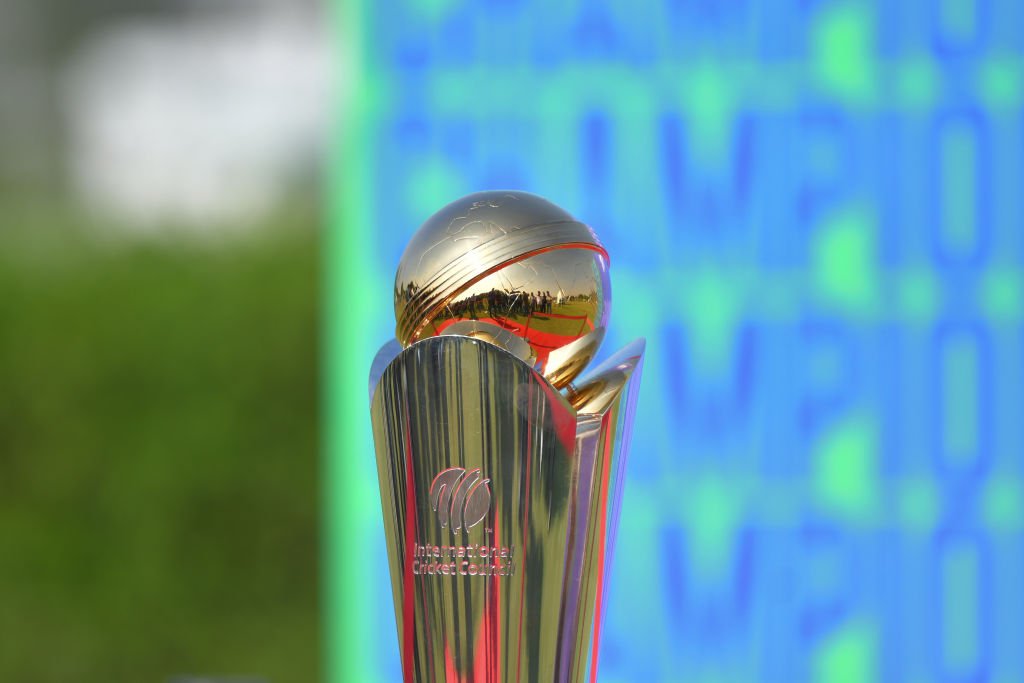
The International Cricket Council (ICC) has announced an emergency meeting to resolve the uncertainties surrounding the Champions Trophy 2025. Slated to be hosted in Pakistan, the tournament faces significant logistical and diplomatic hurdles. Chief among these challenges is India’s reluctance to travel to Pakistan due to political tensions and security concerns. The Board of Control for Cricket in India (BCCI) has reportedly proposed a hybrid model, suggesting that matches involving India be hosted in neutral venues such as the UAE. This proposal, however, has met resistance from the Pakistan Cricket Board (PCB), which has insisted on hosting the event entirely within its borders.
The ICC’s dilemma is compounded by logistical complexities and time constraints. The PCB had already announced preliminary plans, with matches scheduled across Lahore, Karachi, and Rawalpindi. However, the ongoing uncertainty has delayed the finalization of the tournament schedule, leaving participating teams and broadcasters in limbo. Additionally, there are concerns over air quality in Lahore, which could further complicate hosting arrangements. While contingency plans to relocate matches to the UAE exist, they would increase costs and disrupt the flow of the tournament.
Beyond logistical concerns, the ICC must navigate the broader geopolitical tensions that have plagued cricketing relations between India and Pakistan for decades. Both boards have leveraged their positions to assert influence, leaving the ICC caught between its mandate to promote the sport globally and its dependence on revenue from high-profile matches, particularly involving India. This standoff exemplifies the challenges of balancing cricket’s commercial interests with equitable governance.
The Champions Trophy holds immense significance for Pakistan, marking a rare opportunity to host a global ICC event. Since international cricket’s gradual return to the country, following years of isolation due to security concerns, the PCB has worked hard to re-establish Pakistan as a viable venue for major tournaments. Hosting the Champions Trophy would symbolize a major milestone in these efforts, underscoring Pakistan’s readiness to welcome top-tier international cricket.
From a fan perspective, the uncertainty surrounding the tournament is disappointing. The Champions Trophy, known for its compact format and intense rivalries, has historically delivered some of the most memorable moments in cricket. The potential relocation or disruption of the event could dilute its excitement, affecting not just spectators but also broadcasters and sponsors who rely on the tournament’s prestige.
The ICC emergency meeting will thus carry immense significance. Its outcome will determine not only the immediate future of the Champions Trophy 2025 but also set a precedent for resolving such conflicts in the future. Should a hybrid model be agreed upon, it could serve as a compromise, allowing the tournament to proceed while addressing India’s security concerns. On the other hand, a breakdown in negotiations could result in the tournament’s cancellation or significant rescheduling, a prospect that would damage cricket’s global reputation.
The potential outcomes of the ICC’s emergency meeting also carry financial implications. High-profile tournaments like the Champions Trophy generate substantial revenue through broadcasting rights, ticket sales, and sponsorships. The uncertainty surrounding the event’s location risks alienating sponsors and creating logistical headaches for broadcasters, who plan coverage well in advance. A hybrid model or complete relocation to neutral venues like the UAE would necessitate additional financial and logistical adjustments, impacting both the ICC’s and PCB’s budgets. For Pakistan, any deviation from hosting the full tournament could be seen as a setback in its efforts to rebuild its reputation as a secure destination for international cricket.
Moreover, this situation underscores a recurring issue in international cricket: the intersection of sport and politics. The ICC, often criticized for its limited leverage over powerful member boards, is once again tasked with finding a resolution that upholds the tournament’s integrity while respecting the concerns of the stakeholders involved. This balancing act will require exceptional diplomacy and decision-making. Ultimately, how the ICC handles this crisis will serve as a litmus test for its ability to mediate disputes and maintain cricket’s global appeal amid rising geopolitical tensions. The cricketing world waits with bated breath, hoping for a resolution that prioritizes the sport’s spirit and unity over divisive politics.
As the meeting approaches, the cricketing world watches closely. The decisions made will resonate beyond the Champions Trophy, influencing how the ICC handles future tournaments in geopolitically sensitive regions. With less than two years until the tournament, the ICC faces the daunting task of navigating this crisis while ensuring the event retains its competitive integrity and global appeal.

